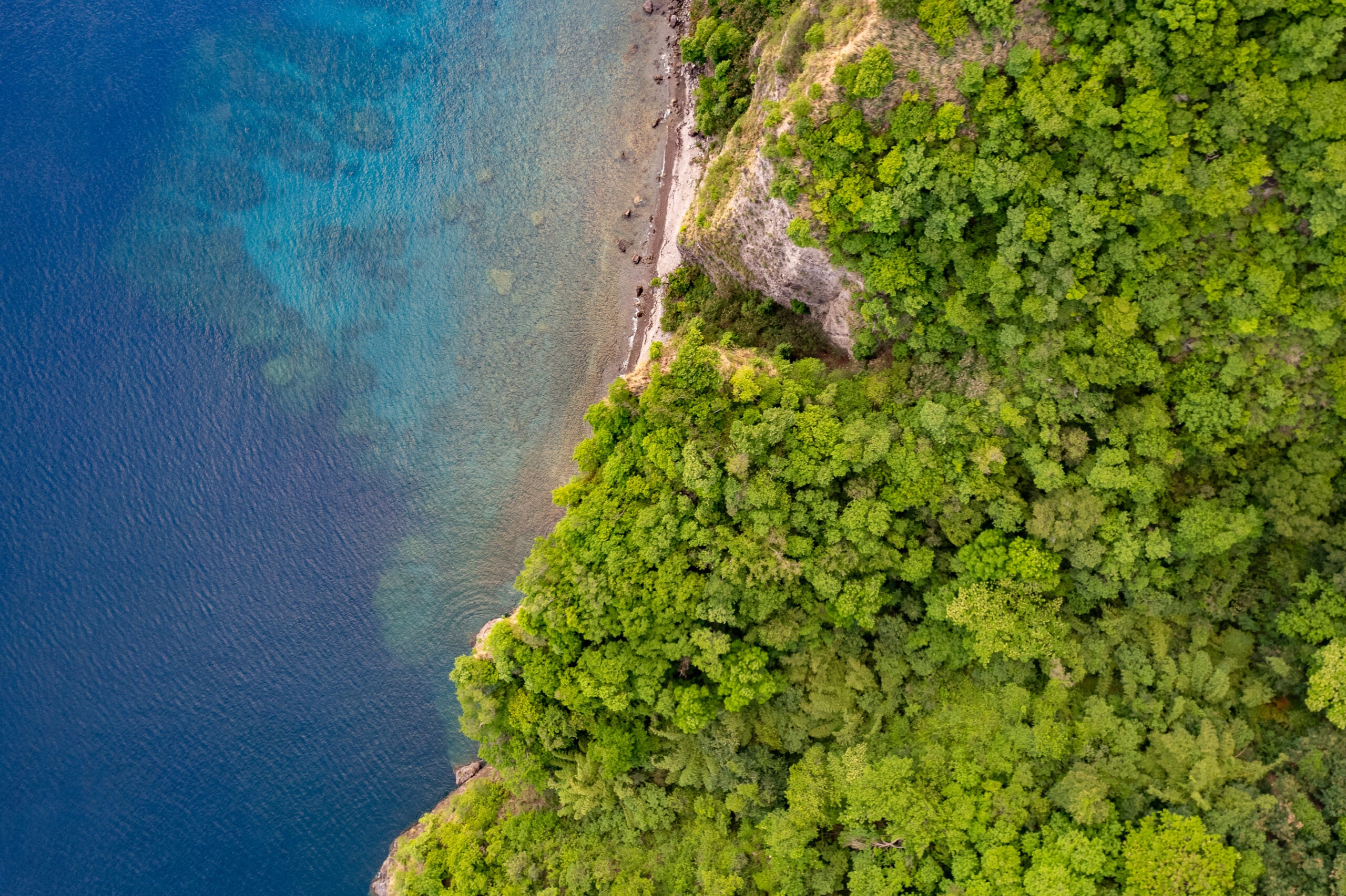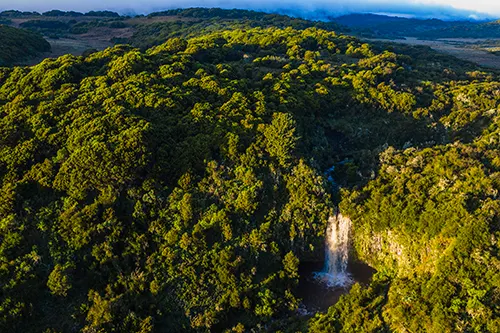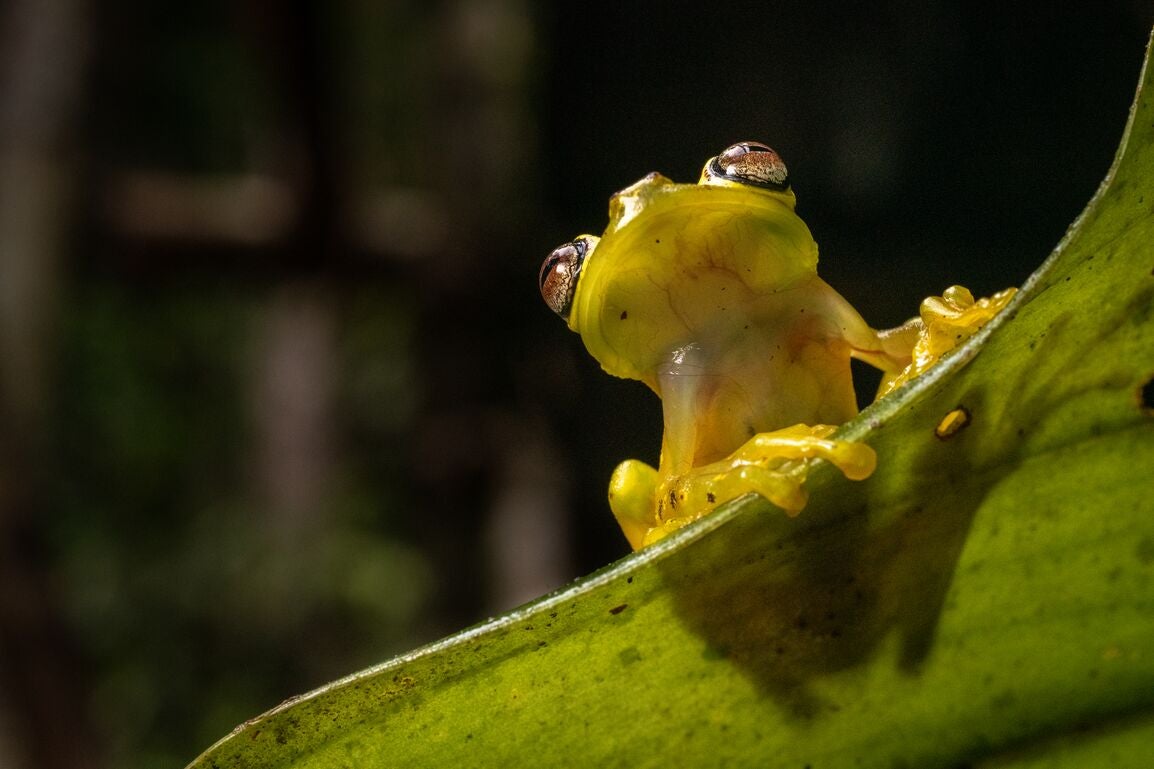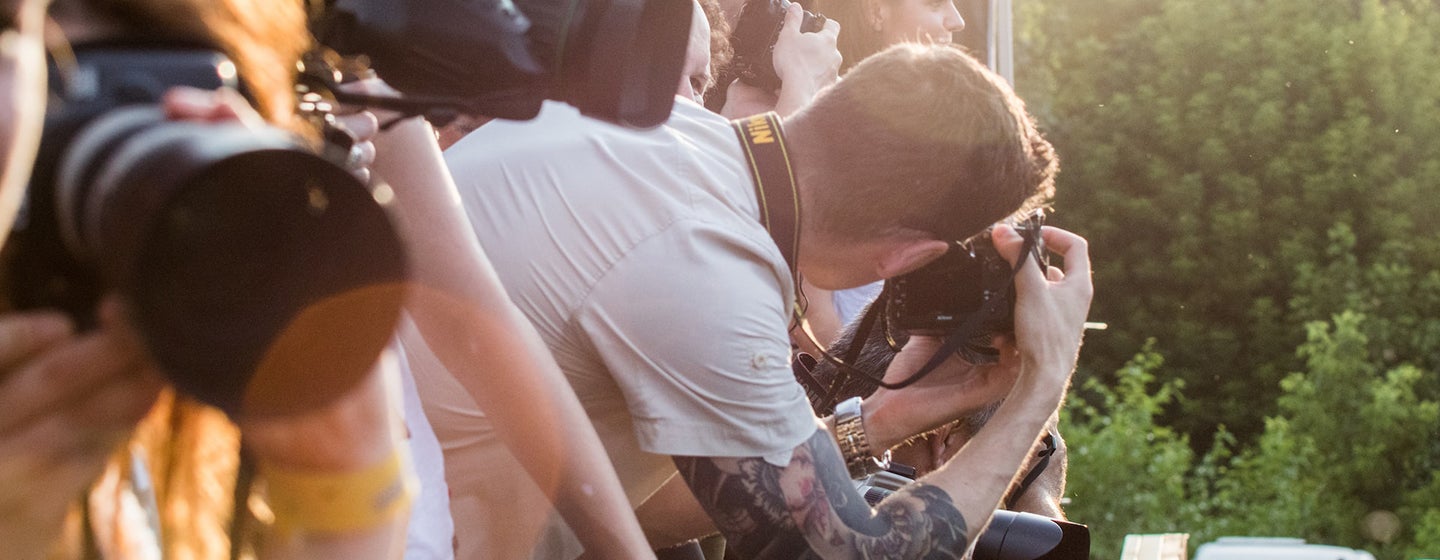Take Action
The future of our planet depends on the actions we take today, and you can be part of the solution. Explore ways to get involved, stay informed, and be part of the movement to create a wilder, healthier planet.
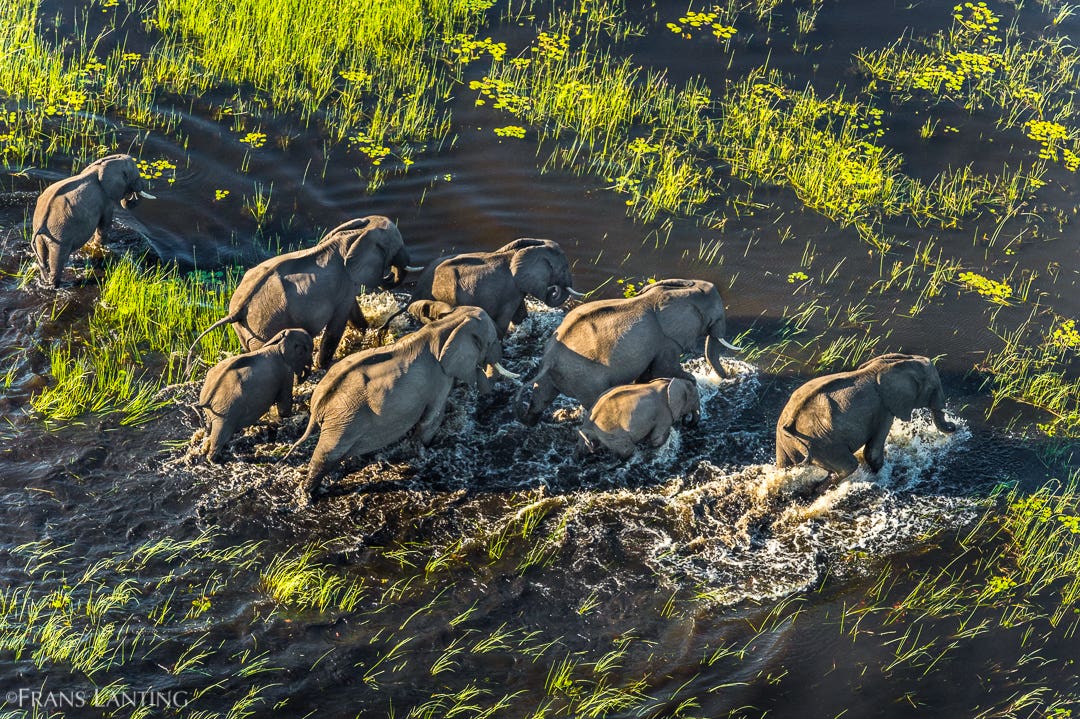
Build community
People need people, and people need the wild. In a digital age where many of us spend most of our time connecting through screens and keyboards, going out into the world and participating in your community is an act of rewilding.
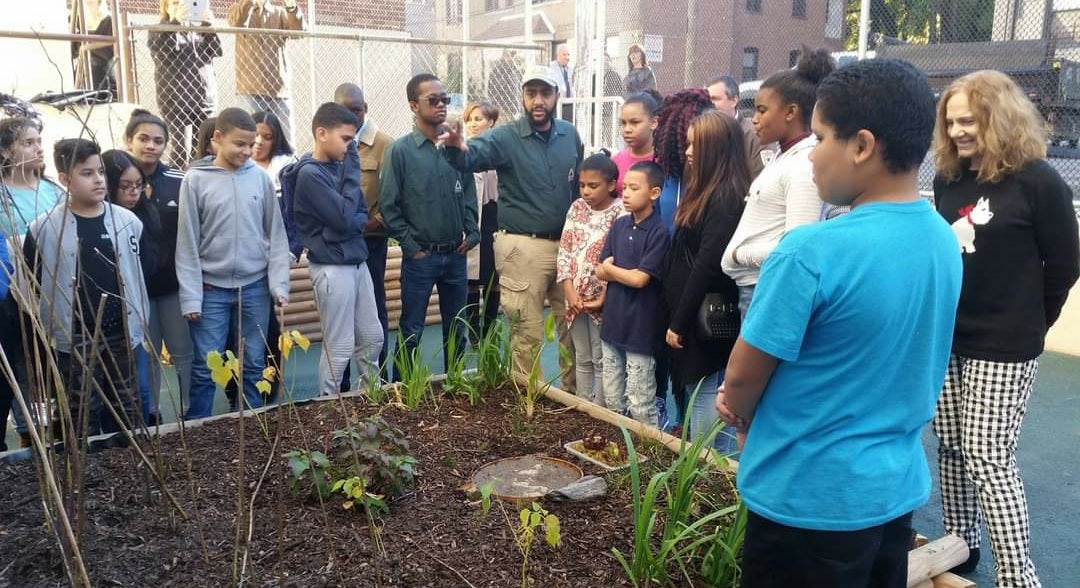
Learn about your local issues
One of the best ways to learn about your local environment is to speak to other people in the community. Identify areas of community concern and opportunities for rewilding.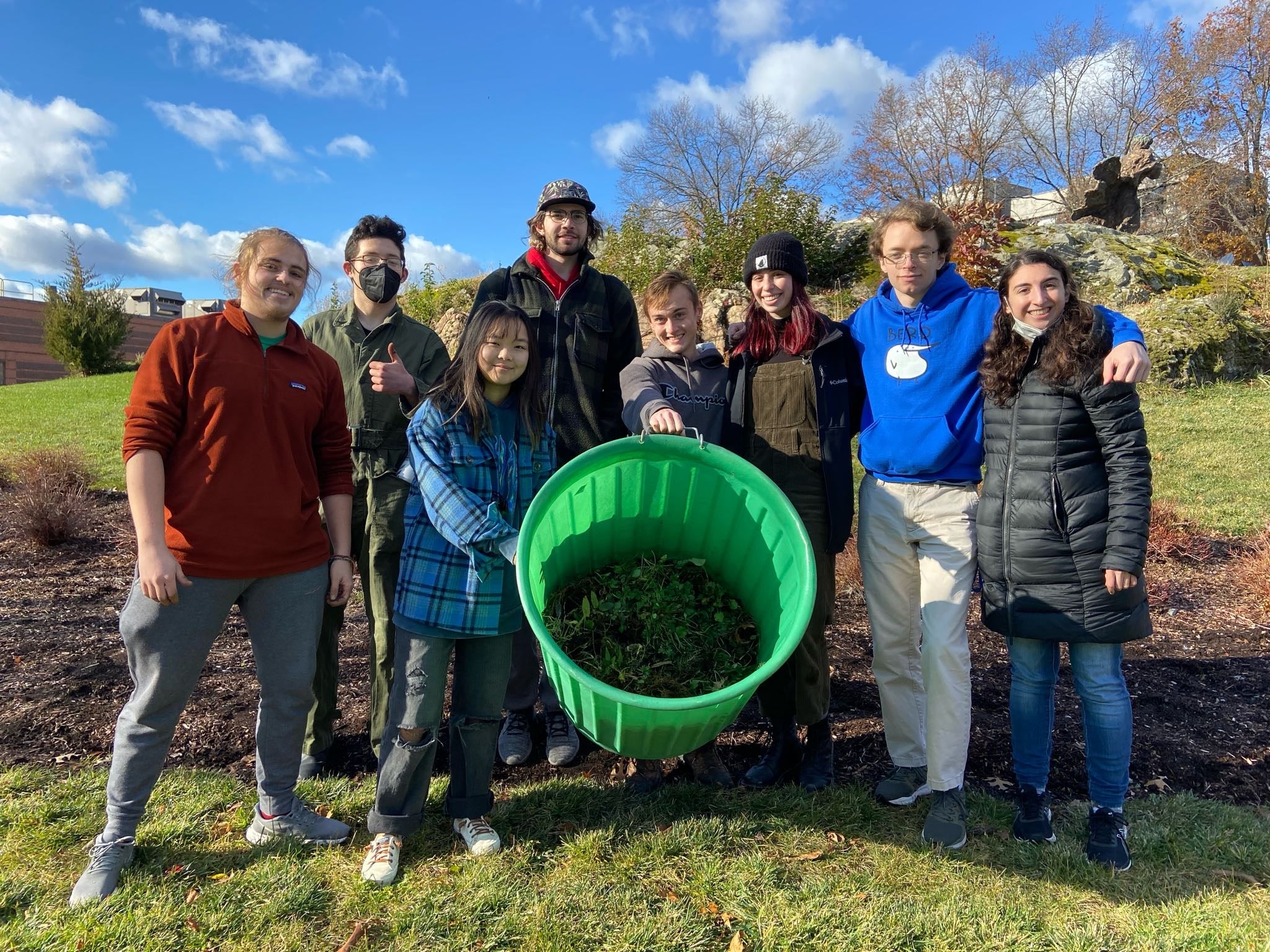
Support existing endeavors
You don't need to reinvent the wheel! There may already be local groups caring for the wild in your area, for instance, a forest stewardship group, community garden, or monthly beach cleanup. Learn from the successes of each other.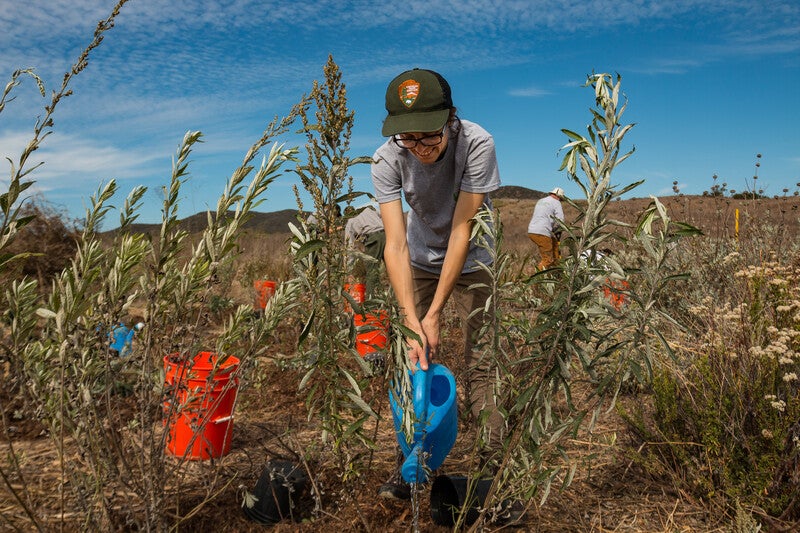
Safeguard natural spaces
Bring the community together to cleanup a natural area, prevent erosion, or beautify a park. As you step out into the world, take on projects where you have the necessary access and expertise to ensure your good deed doesn't inadvertently cause harm.
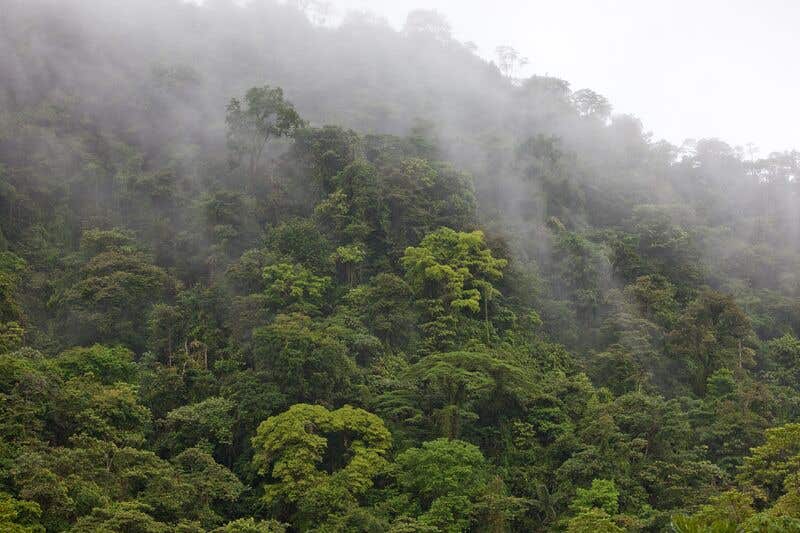
Partner with us.
Learn about partnerships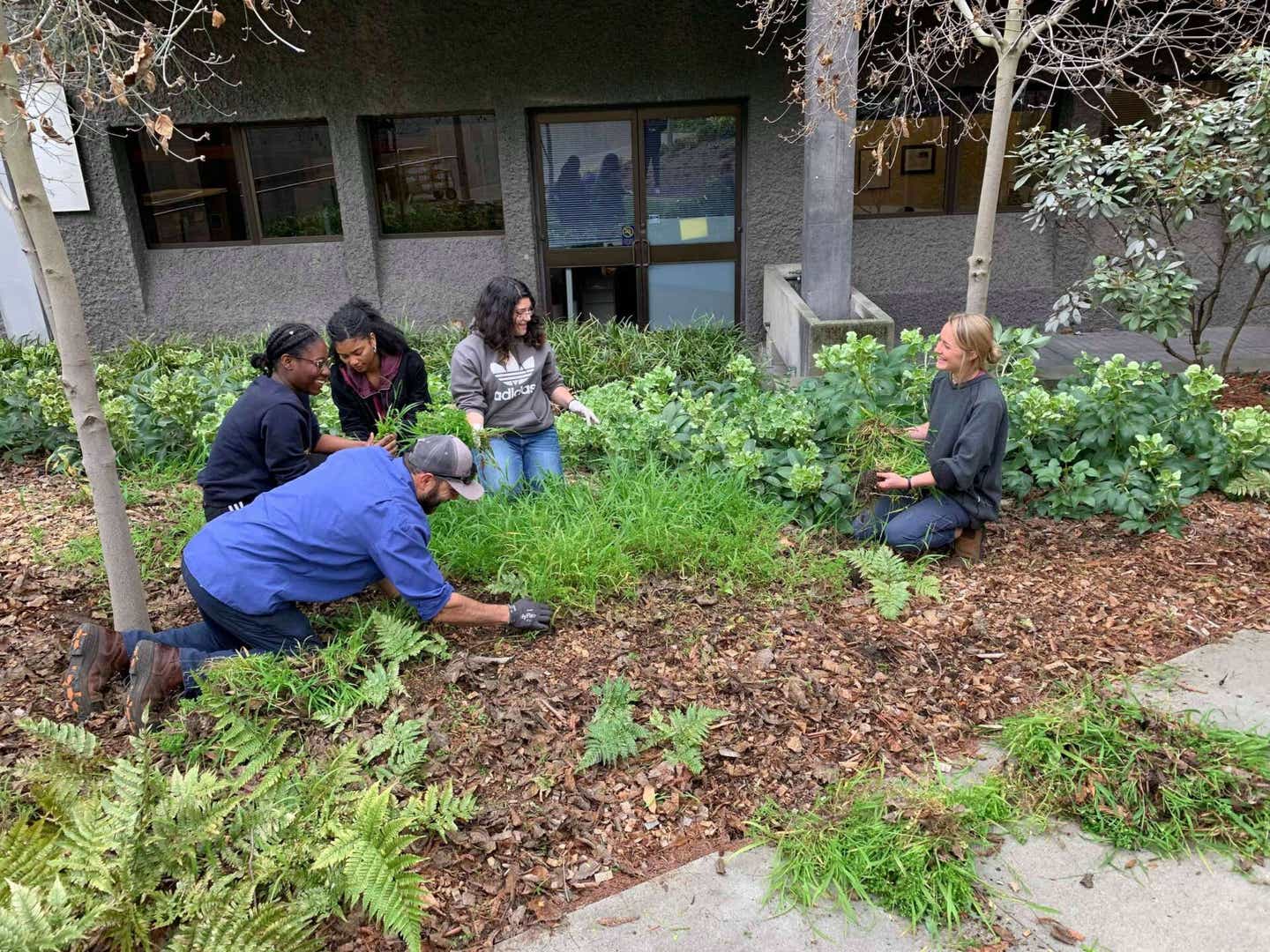
Re:wild your campus.
Join the Movement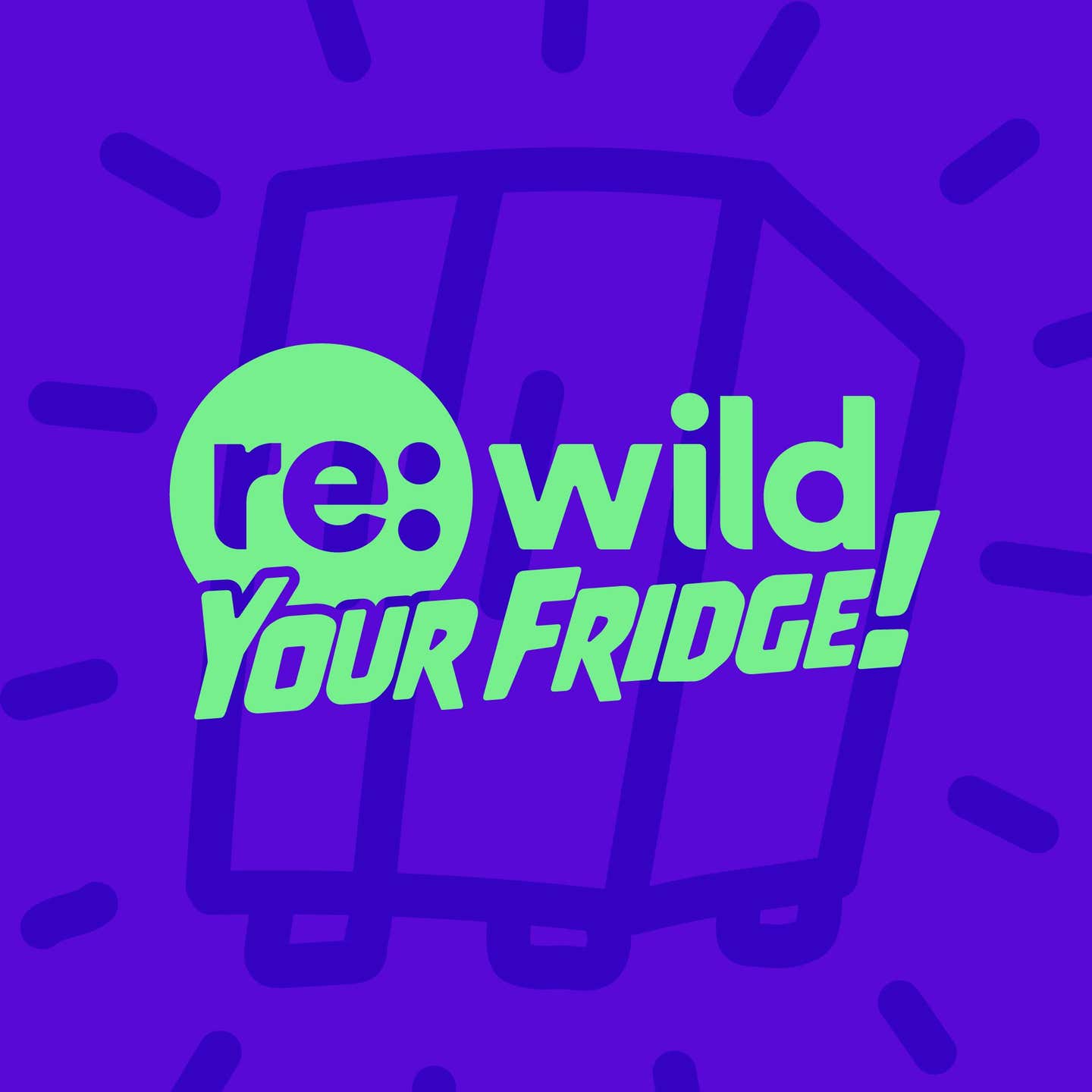
Re:wild your fridge.
Learn More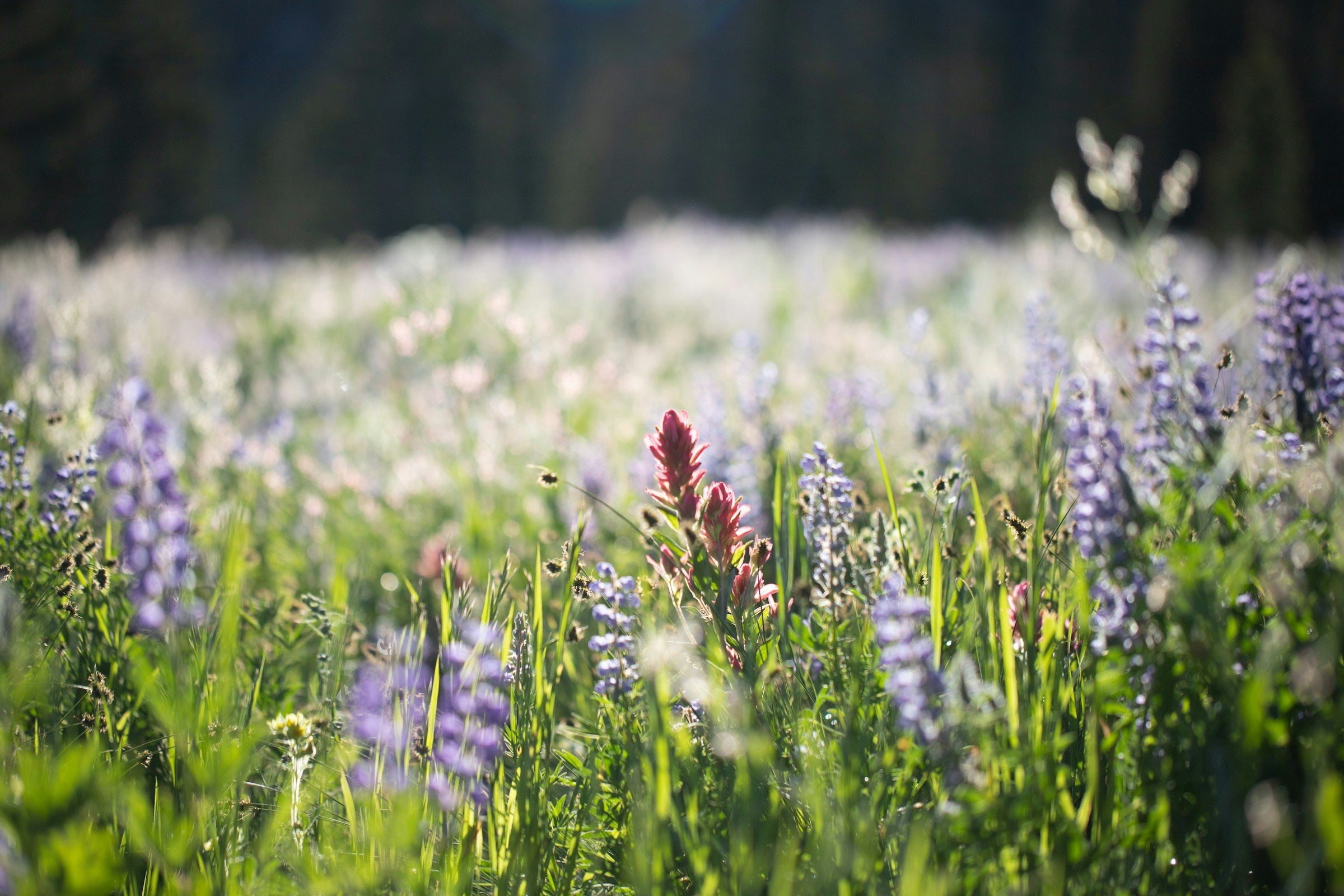
Re:wild your yard.
Studies have shown that gardens make you healthier – as well as more productive. But what you plant matters.
Plant native
Plants native to an ecosystem are adapted to the land and have built symbiotic relationships with other plants and wildlife in their ecosystem, sometimes over thousands of years.
Feed the pollinators
Pollinators keep us from going hungry, by helping farmers increase yields. Repay the favor by cultivating a corner of your garden or balcony with wildflowers or bee-friendly trees is a great way to provide food for pollinating insects. Every little patch counts.
Create habitats
Just as we need homes, pollinators need shelter too. Set up a bee hotel for solitary bees, or leave patches of bare soil for ground-nesters. Avoid spraying the yard for mosquitoes, which can have cascading effects on other insects and animals.
